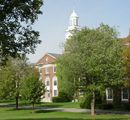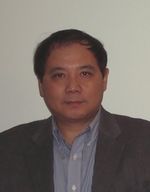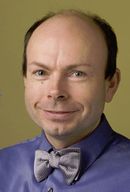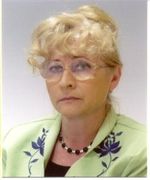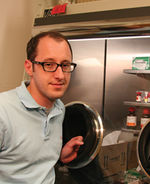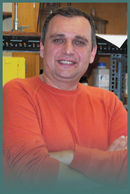Nanotechnology: Emerging analytical/bioanalytical & medical applications
The goal of this symposium is to provide an interdisciplinary forum for scientific and technical exchange to advance the research of nanotechnology in analytical, bioanalytical, and medical applications. A common theme for the emerging interests in nanotechnology is the exploration of the unique electrical, optical, l properties of materials at nanoscale. In addition to discussing the latest experimental and theoretical approaches to probing various nanoscale interfacial phenomena, the symposium will also address the challenges and opportunities in all aspects of innovative applications in analytical, bioanalytical, medical, and other interdisciplinary research fields.
The proposed topics include, but will not be limited to development of nanostructured or nanocomposite materials for constructing sensors, biosensors, medical diagnostics, improvement of chemical and biological detection by manipulating nanoscale size, shape, composition, and interfacial properties, synthesis of multifunctional nanoparticles and nanostructures for enhancement of sensing or detection performance, development of techniques or methodologies for characterizing the nanostructured materials, and experimental and theoretical investigations of nanoscale phenomena responsible for new or improved analytical, bioanalytical, and medical capabilities.
Session organizer: Prof. C-J. Zhong
Prof. Chuan-Jian Zhong is a professor of Analytical and Materials Chemistry, Electrochemistry, Catalysis, and Nanotechnology at the State University of New York at Binghamton.
Confirmed speakers
- Prof. Igor Sokolov, Professor in the Department of Physics, the Department of Chemistry and Biomolecular Science, and Director of Nanoengineering and Biotechnology Laboratories Center (NABLAB), NY Center for Advanced Material Processing (CAMP) , Clarkson University, Potsdam, NY 13699. "Nanotechnology and Non-traditional Methods of Cancer Detection"
- Prof. Maria R. Hepel, chair of the Dept. of Chemistry, SUNY Potsdam, and program chair for NERM 2010: "Resonance Elastic Light Scaterring (RELS) Spectroscopy for Monitoring Biomolecule-Induced Gold Nanoparticle Assembly."
- Prof. Mathew Maye, Assistant Professor of Chemistry, Syracuse University: "Quantum Dot based Sensing and Bioimaging."
- Prof. Nikolay Dimitrov, Associate Professor, Department of Chemistry, SUNY Binghamton.
- Prof. Hong Susan Zhou, Assistant Professor, Life Science and Bioengineering Center, Worcester Polytechnic Institute, Worcester, MA.
- Dr. Jin Luo, SUNY Binghamton.
